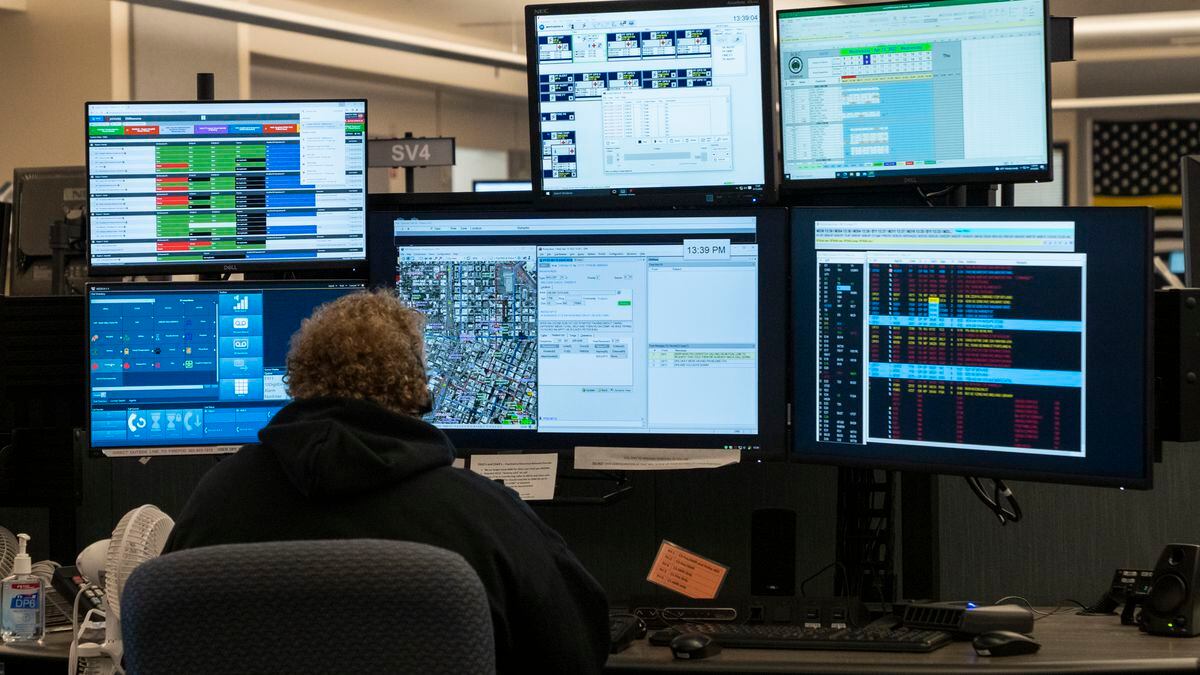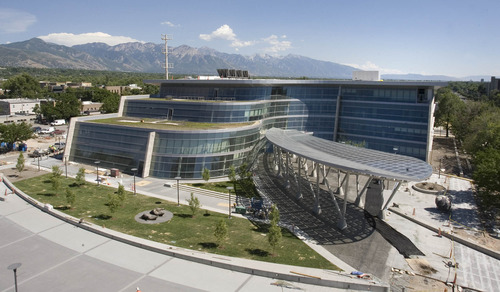Your last paragraph nailed it. It's all about the "standard of care" (another area where unfortunately, lawyers got involved). You'll get the same level of service in Homer, Michigan as you will in Houston, Texas (presuming Houston uses EMD). From my experience using the system for about 15 years, it makes a positive difference. Sure, it was hard at first, like anything else new; but once you get the hang of it, you wonder how you got by without it.Well, to their credit, NHTSA should be the one credited with the foresight to provide pre-arrival instructions. Clawson embellished those (not meant in a pejorative manner). He didn't stop there, though. The contemporary organization is now advocating to remove lights and sirens from EMS vehicles, which, IMO, downgrades the service to a semi-skilled taxi ride. Unfortunately, not all areas are the same, and not all callers answer questions accurately, so a serious "Delta" or "Echo" call may be downplayed, while an "Alpha" or "Omega" (out-triage to Uber) might be presented as urgent. I can't tell you how many times I responded to a cardiac or shooting only to find someone with shopping bags packed with clothes, crochet needles and yarn, or other stuff to get to their clinic appointments when I was street. Some folks knew how to answer the questions to manipulate the system.
I took the NAED (I guess before IAED) training in 1997 when I introduced EMD to the communications center I was the technical director at. I generally tried to stay away from the hot seat, but when I did take several calls, I felt having been a paramedic was more of a liability than something that added value to the process. I was literally sitting on the edge of my seat wanting to say things NAED would not allow me to say. There were also a few times I felt where the guide cards went down the wrong track and down a rabbit hole. My wife was an EMT with no street background and took to EMD much better than I did.
The one thing all of the EMD programs did was level the playing field to try to create a uniform environment and constant quality of service no matter who was working. Without it, if you had an emergency, 9-1-1 might tell you "we can't tell you what you should do, you'll get the next available ambulance, okay?" or you might get a paramedic or RN who tells you the right thing, or you might get a paramedic or RN who tells you the wrong thing (like doing a field caesarian). You might get someone who was very good. You might get someone who was one week into the job. You might get someone who is totally burnt. It was the luck of the draw. EMD removed any discretion and created ministerial direction. No matter who answered the phone, they should all be giving simple and defensible instructions that are consistent. It's similar to the techniques that call centers and help desks use in their scripted responses.
And I can't help but wonder how many heart attack victims (pre-implementation) would have had a better outcome if we had been using EMD earlier.
And I would like to add to some posts from others earlier: When our PSAP implemented ("bought") Priority Dispatch's ProQA, we all had to have a minimum amount of training (I want to say it was 2 or 3 8-hour days, but memory isn't what it used to be) after which we all became licensed to use the product, along with the license held by our agency. We then had to complete a certain number of hours of continuing education credits each year to keep our licenses. We originally had the flip-cards (since it was BC - "Before CAD"), and wanted to make an extra copy so we could have a set of cards at each console, since we only received 2 sets. We were told that we could not under any circumstances make copies of those cards; We had to purchase additional sets from Priority Dispatch (at a reasonable cost, of course).
Those determinant codes were only used within the CAD system to determine the priority of the call. We never used them on the air; if we had, the medics & firefighters wouldn't have had a clue to what we were talking about.




